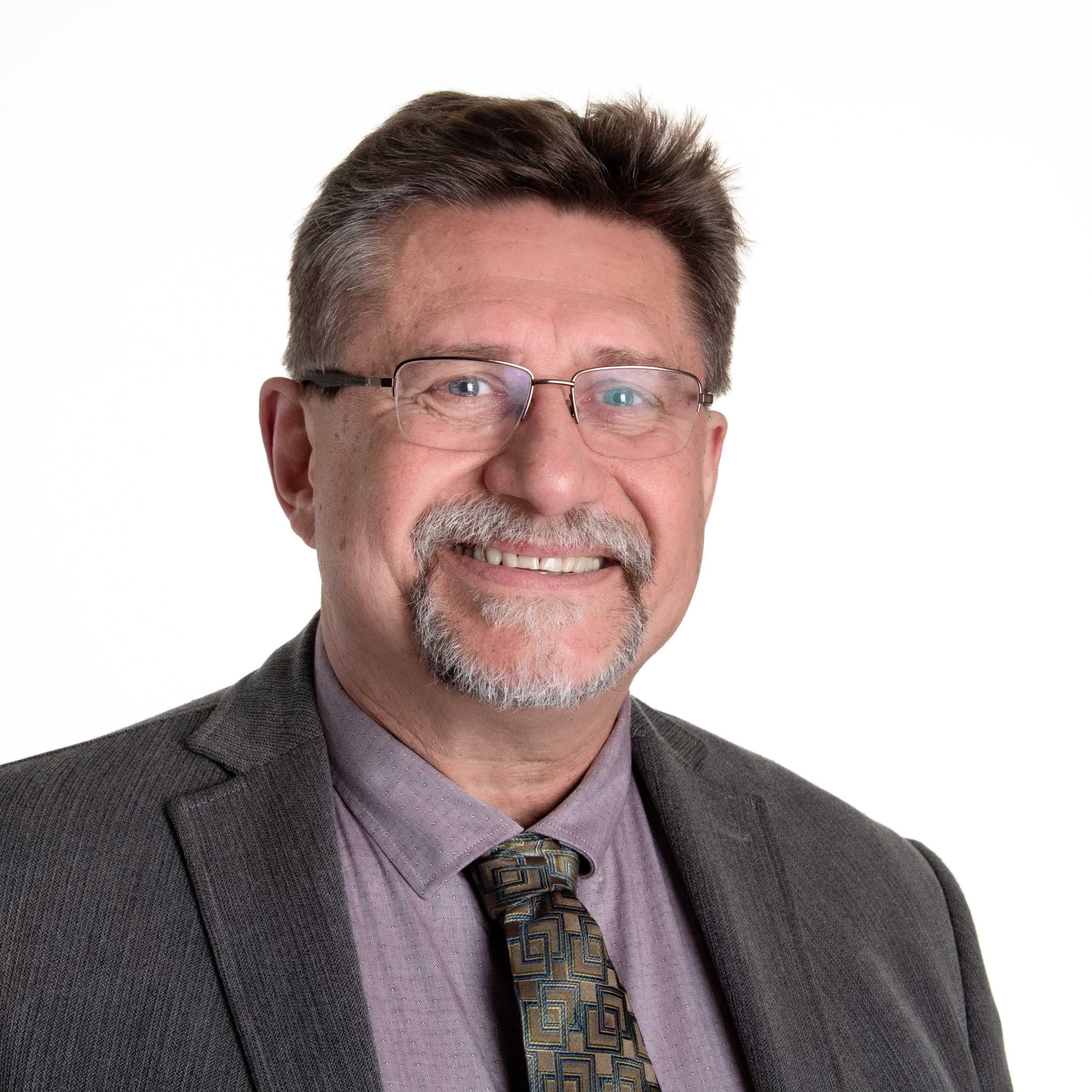As the Regional Director of Chemistry, North America, at Mérieux Nutrisciences, Walter Brandl oversees thousands of employees at the company’s state-of-the-art laboratories throughout the U.S. Here, he discusses the experiences that prepared him for a career in food contamination detection, his greatest successes, and the evolution of third-party testing in food safety.
How has your professional background prepared you for your role as the Regional Director of Chemistry for North America?
Brandl: Strangely enough I think my experience outside the food industry has prepared me for my role as Regional Director of Chemistry. My background in environmental chemistry has given me insight into many approaches for contaminant determination in foods while my experience in biotechnology analysis allowed me to learn a very structured approach to method development and validation.
Of all the projects you have been a part of, which do you believe have had the most profound impact on food quality and safety?
Brandl: Our work in some of the FDA survey studies on acrylamide, arsenic speciation, and other contaminants that were used to assess risk and help provide a body of knowledge for policy decisions has probably had the biggest impact on food quality and safety.
As an expert in the field, where do you see third-party testing laboratories headed? What will be the biggest challenges and keys to success?
Brandl: I think that the scientists who previously saw themselves as having purely technical responsibilities are now being asked to become a bigger part of the process in terms of providing guidance and interpretation of results. We will be required to have a more in-depth understanding of our client’s processes and problems so as to take a more active role in solving their problems. Communication and a greater knowledge of multiple industries will be the wave of the future.
What famous person past or present would you most like to have dinner with and why?
Brandl: Tough question, but I think I would choose one of the very successful sports coaches, someone like Bill Belichick of the New England Patriots or Sir Graham Henry of the New Zealand All Blacks. Probably Graham Henry due to the nature of rugby. The reason is that I see the challenge of blending technical knowledge with personalities and emotions in sport reflected in the passion that scientists have for their endeavors. I would love to get their take on how to maintain intensity without burnout, making everyone’s contribution absolutely essential, and motivating people to get better every day.



